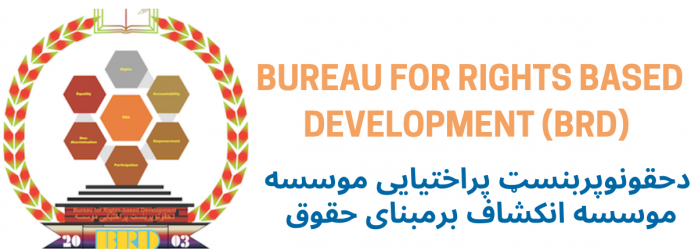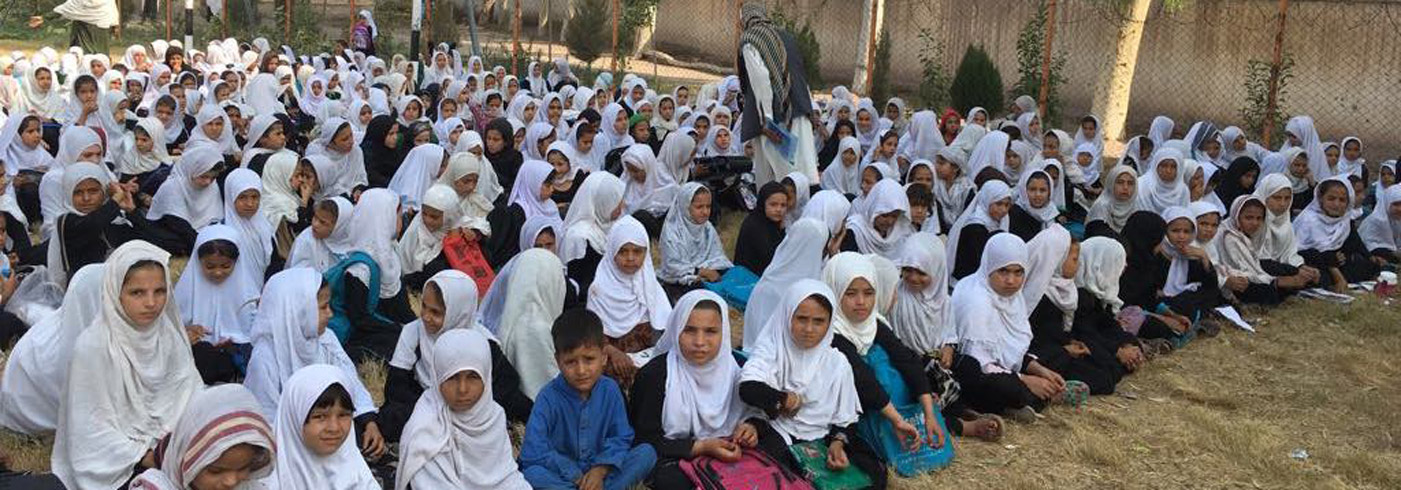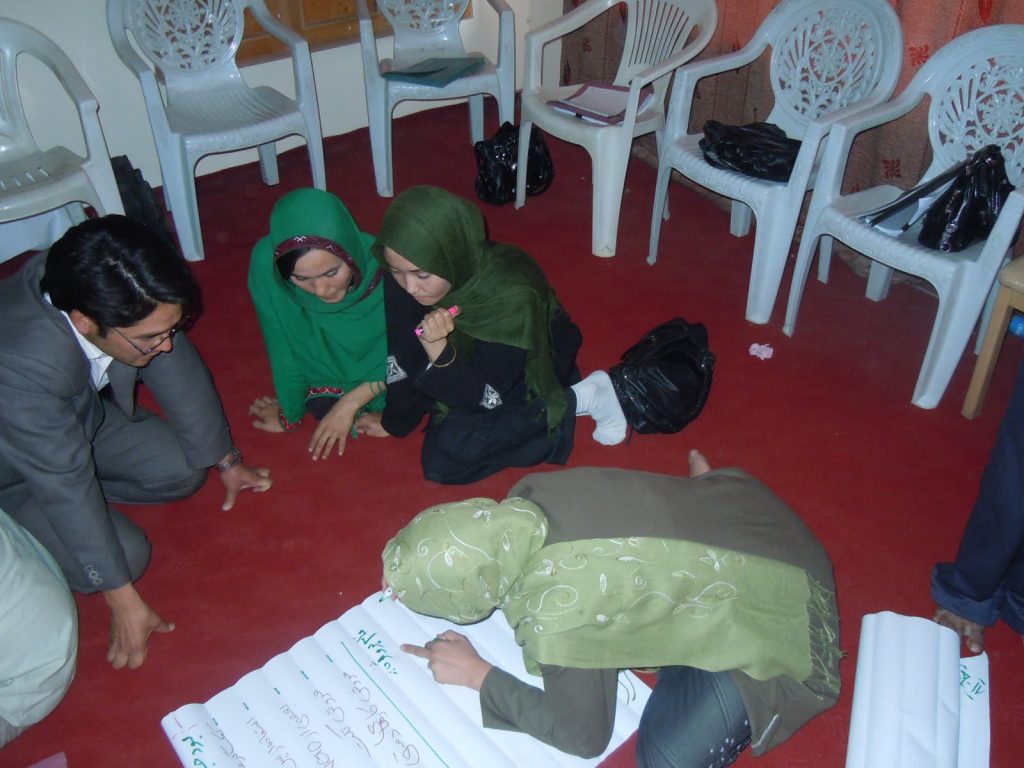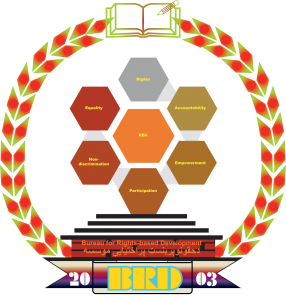This website uses cookies so that we can provide you with the best user experience possible. Cookie information is stored in your browser and performs functions such as recognising you when you return to our website and helping our team to understand which sections of the website you find most interesting and useful.




 Universal Declaration of Human Rights (UDHR). Its simplicity of vision causes it to be accessible to people of all ages and conditions. BRD focuses its Human Rights Training Courses on tolerance education. It understands that our understanding of human rights contains a personal value system. This system is a mirror of the culture and region where we live. Our experience in our circles of identity, such as gender, class, religion, and family status, further defines our value system. BRD strives to make its education participants aware of their own assumptions in this regard. It offers a specific course which teaches that if we presume that we can speak on behalf of everyone, we risk infringing on others whose rights we wish to defend
Universal Declaration of Human Rights (UDHR). Its simplicity of vision causes it to be accessible to people of all ages and conditions. BRD focuses its Human Rights Training Courses on tolerance education. It understands that our understanding of human rights contains a personal value system. This system is a mirror of the culture and region where we live. Our experience in our circles of identity, such as gender, class, religion, and family status, further defines our value system. BRD strives to make its education participants aware of their own assumptions in this regard. It offers a specific course which teaches that if we presume that we can speak on behalf of everyone, we risk infringing on others whose rights we wish to defend
